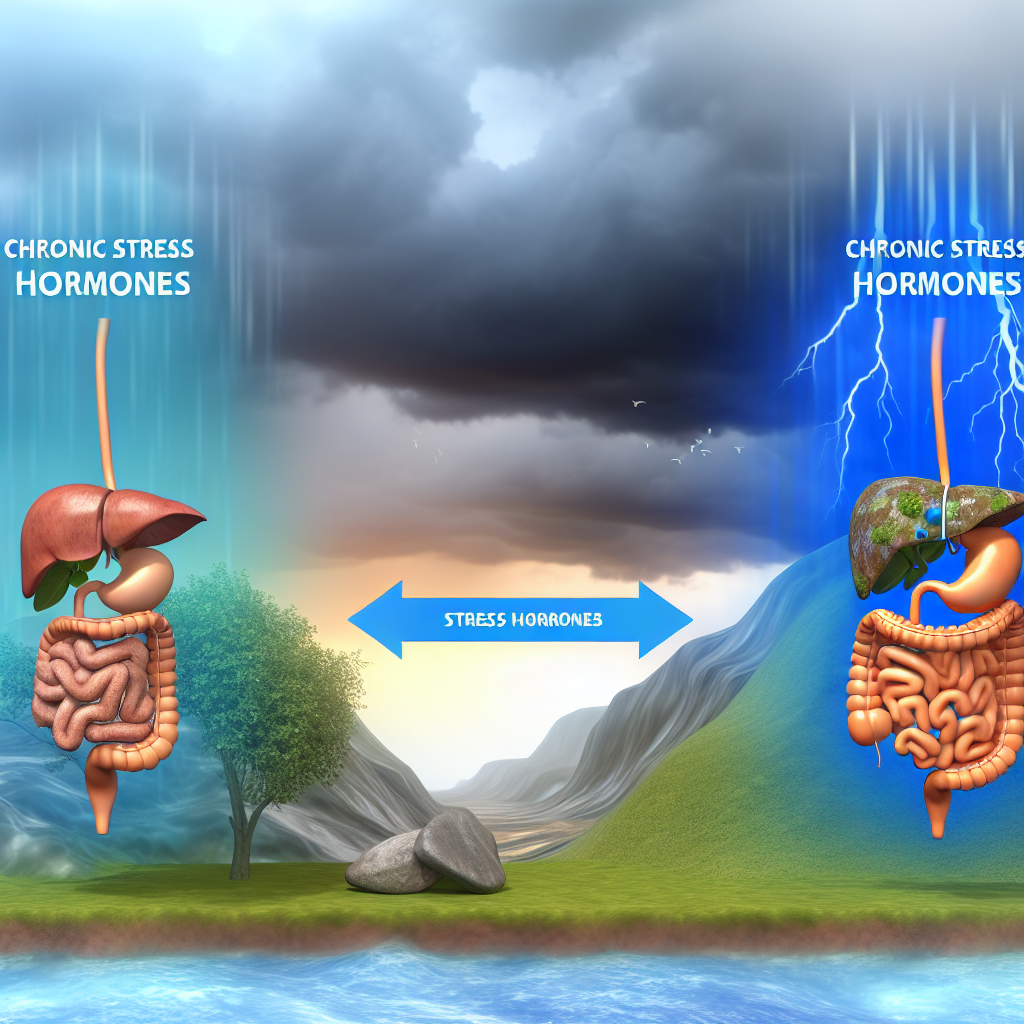Omega-3 vs. Omega-6: Balancing Essential Fats for Gut Inflammation
In recent years, there has been growing interest in the gut microbiome and its influence on overall health. From boosting immunity to regulating mental well-being, a balanced digestive system is foundational to wellness. An emerging area of focus is how different dietary fats, particularly omega-3 and omega-6 fatty acids, impact gut inflammation and, by extension, gut health.
Understanding the role of these essential fatty acids provides a natural approach to managing gastrointestinal issues like bloating, leaky gut syndrome, irritable bowel syndrome (IBS), and inflammatory bowel disease (IBD). The problem isn’t the presence of omega-6 in our diets; rather, it’s the disproportionate ratio of omega-6 to omega-3 that has become a cause for concern. Achieving the right balance helps to modulate inflammation, promote microbial diversity, and support a healthy gut lining—key factors in managing and preventing gastrointestinal disorders without relying entirely on conventional medication.
Scientific Evidence: What Research Says About Fatty Acids and Gut Health
Numerous scientific studies support the notion that the omega-6 to omega-3 ratio plays a significant role in gut inflammation and overall digestive health. One notable study published in the journal Nutrients (2016) explored the immunomodulatory effects of polyunsaturated fatty acids (PUFAs) and confirmed that omega-3s, particularly EPA (eicosapentaenoic acid) and DHA (docosahexaenoic acid), contribute to the resolution of inflammation in the gut by acting on eicosanoid pathways and decreasing pro-inflammatory cytokines.
A landmark paper in the Journal of Clinical Gastroenterology examined the therapeutic potential of omega-3 fatty acids in patients with Inflammatory Bowel Disease (IBD), including Crohn’s disease and ulcerative colitis. Omega-3 supplementation resulted in reduced intestinal inflammation and improved symptom management in a significant number of participants.
Omega-3 and Gut Microbes: A Winning Combination
In a separate double-blind, placebo-controlled study published in Gut Microbes (2017), researchers found that omega-3 fatty acid intake was positively correlated with increased levels of beneficial gut bacteria—especially those associated with anti-inflammatory effects. The omega-3 group showed higher prevalence of Bifidobacteria and Lactobacillus, both of which support gut barrier function and modulate immune responses in the intestinal tract.
Conversely, excessive omega-6 consumption, largely from processed seed oils, has been shown to provoke systemic inflammation through excess production of arachidonic acid and related eicosanoids, such as prostaglandins and leukotrienes. High omega-6 intake, particularly in the absence of sufficient omega-3s, has been linked to increased gut permeability—a root condition in leaky gut syndrome.
Fatty Acids and Epigenetics: A Deeper Influence on Gut Immunity
New insights into nutritional epigenetics also point to the impact fatty acid balance has on gene expression related to immune regulation and mucosal integrity. Balancing dietary intake of omega-3 and omega-6 allows for a favorable modulation of gut immunity and may even reduce the risk of colorectal diseases.
Therapeutically, the incorporation of omega-3-rich foods or high-quality supplements into one’s daily regimen represents a safe and natural method to support gastrointestinal health. Herbs and plant-based sources like chia seeds, flaxseeds, walnuts, and algae oil offer plant-based ways to increase omega-3 intake without resorting to synthetic drugs. Simultaneously, limiting omega-6-heavy oils such as sunflower, corn, and soybean oils can help achieve a healthier fatty acid ratio, reducing gut inflammation at its root cause.
Conclusion: A Natural Strategy for Gut Wellness
Balancing omega-3 and omega-6 fatty acids is a foundational step in naturally addressing gut inflammation. By increasing omega-3 intake and reducing excessive omega-6 sources, individuals can take a proactive, natural approach to support gut barrier function, decrease inflammation, and cultivate a healthier gut microbiome.
Whether you’re managing a chronic digestive condition or simply aiming to optimize your gut health, addressing this dietary imbalance is a powerful, evidence-based strategy that integrates seamlessly with herbal and holistic health practices.
References
- Calder, Philip C. “Omega-3 fatty acids and inflammatory processes: from molecules to man.” Biochemical Society Transactions, 2017.
- Simopoulos, Artemis P. “The importance of the omega-6/omega-3 fatty acid ratio in cardiovascular disease and other chronic diseases.” Experimental Biology and Medicine, 2008.
- Costantini, Leonardo, et al. “Impact of Omega-3 Fatty Acids on the Gut Microbiota.” International Journal of Molecular Sciences, 2017.
- Woodworth, Brent A., et al. “Omega-3 fatty acids for IBD: Are we there yet?” The Journal of Clinical Gastroenterology, 2015.
- Watson, H. et al. “Dietary intake influences gut microbiota development during human infancy.” Gut Microbes, 2017.
Concise Summary:
Balancing omega-3 and omega-6 fatty acids is crucial for gut health. Omega-3s have anti-inflammatory properties and support a healthy gut microbiome, while excessive omega-6 intake can contribute to gut inflammation and permeability. By increasing omega-3 intake and reducing excessive omega-6 sources, individuals can take a natural approach to support digestive wellness and manage conditions like IBS and IBD.

Dominic E. is a passionate filmmaker navigating the exciting intersection of art and science. By day, he delves into the complexities of the human body as a full-time medical writer, meticulously translating intricate medical concepts into accessible and engaging narratives. By night, he explores the boundless realm of cinematic storytelling, crafting narratives that evoke emotion and challenge perspectives.
Film Student and Full-time Medical Writer for ContentVendor.com




